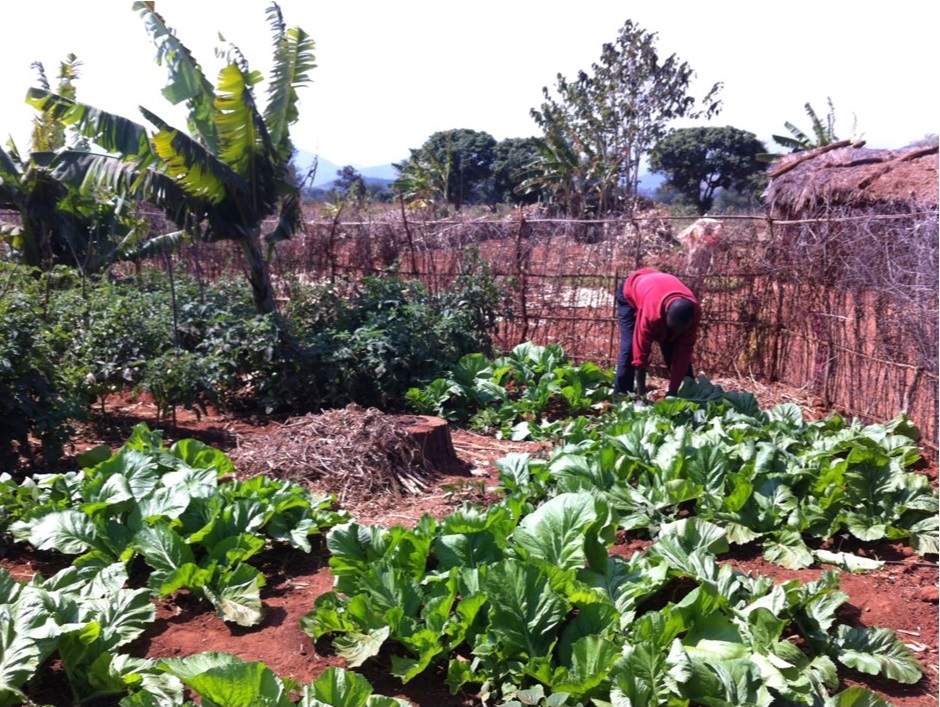
Development Desk Promoting Sustainable Agricultural Practices (SAPs) in T/A Mwaulambia
By Saloom Longwe
The common myth among farmers, subsistence and commercial alike, is no chemical fertilizer, no high crop production. This used to be the belief of Nighted Mwakapenda and fellow farmers in Mwaulambia, before they were introduced to sustainable agricultural practices which the Development Desk of the Diocese of Karonga is promoting.
As one way of improving household agricultural productivity, Integrated Rural Development Project is promoting five SAPs namely; leguminous interplanting, mulching, use of liquid manure, use of compost manure and crop rotation.
The story is different today for Mwakapenda. He is one of the farmers who have adopted the practice of 3 SAPs technologies on a single field. He is within the age bracket of 30-40, with a family size of 6 members.
Nighted cultivates cereal crops for household consumption and produces vegetables from backyard garden for food and sells the surplus.
In the garden he intercrops leaf and fruit vegetables with legumes, and with the use of compost and liquid manure crops grow with vigour hence realizing high yield in the process.
To curb the effects of harsh weather conditions, mulching is also being used to retain soil moisture and regulation of soil temperatures.
Mwakapenda has reduced use of fertilizer and allocated some of the saved funds into other activities such as livestock production and iron sheets. He appreciates that mulching helped him reduce the number of times for watering the garden per day.
Being a role model in the area, other farmers visit him to learn from him. Mwakapenda also engages in forestry and agroforestry production, which give him material for mulching and when leaves decompose they improve soil fertility.
Mwakapenda is one of the beneficiaries of the Integrated Rural Development Project being implemented by the Development Desk of the Diocese of Karonga with support from Misereor Germany. The project is being implemented in Karonga and Chitipa districts targeting 2400 households
